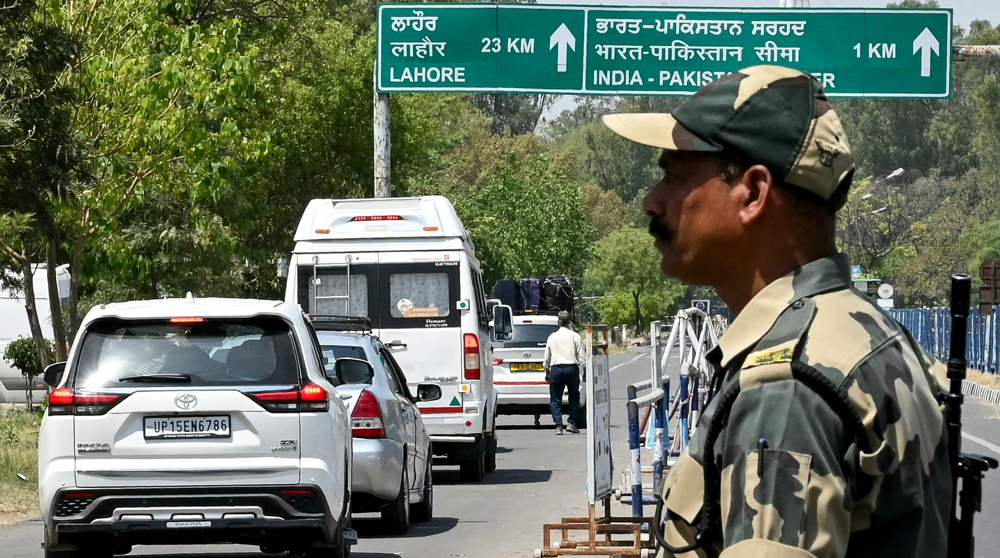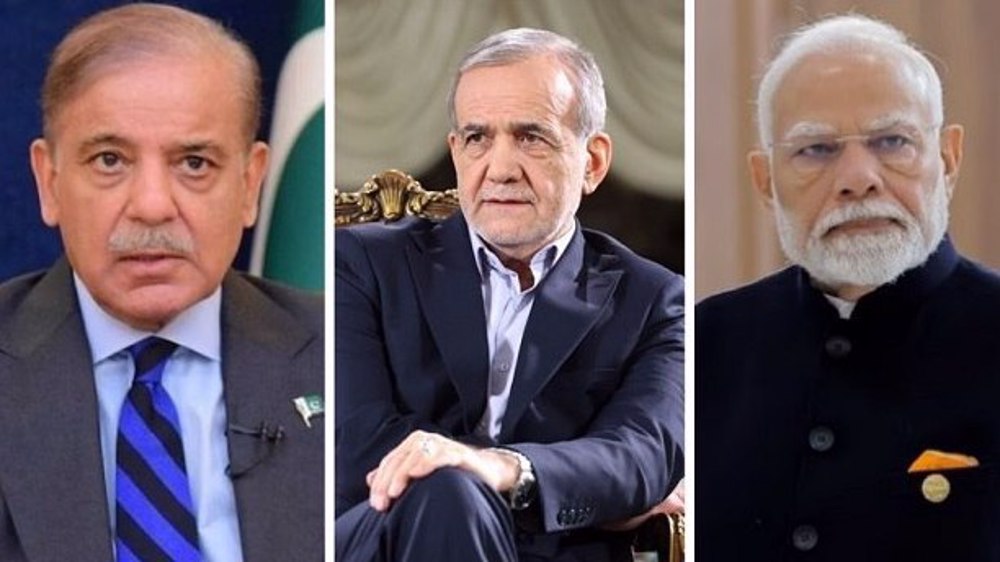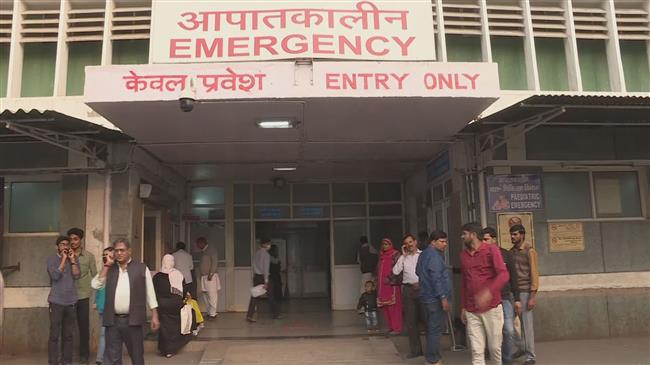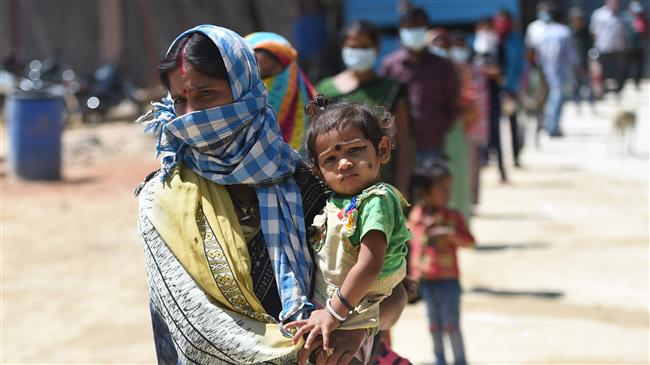India coronavirus cases cross 5 million in ‘worse-than-sci-fi’ pandemic
Coronavirus infections in India soared past five million on Wednesday, as a WHO envoy warned the pandemic was ‘still at the beginning.’
Global cases are rapidly approaching 30 million, with more than 930,000 known Covid-19 deaths, the global economy devastated and nations struggling to contain outbreaks.
India, home to 1.3 billion people, has reported some of the highest daily case jumps in the world recently, as a World Health Organization special envoy described the global pandemic situation as "horrible" and "grotesque".
"It's much worse than any of the science fiction about pandemics," David Nabarro told British MPs on Tuesday.
"This is really serious – we’re not even in the middle of it yet. We're still at the beginning of it."
The spread of the virus has accelerated in some of the most populous parts of the world such as India, where the latest million infections were detected over just 11 days.
And some experts have warned that the total number of cases could be far higher in the vast nation, which has been easing one of the world's strictest lockdowns recently despite the surge to help its reeling economy.
The relaxation of many restrictions "sent a wrong signal to the people that possibly we have got things reasonably under control and now the economy takes precedence," said K. Srinath Reddy, head of health charity the Public Health Foundation of India.
"The virus is now infecting more people and penetrating deeper into smaller towns."
Trump vaccine claim
The United States remains the worst-hit nation in the world in terms of both infections and deaths, and President Donald Trump is under intense pressure over his handling of the coronavirus crisis.
The Republican leader said Tuesday that a vaccine may be available within a month – an acceleration of even his own optimistic predictions.
"We're within weeks of getting it, you know – could be three weeks, four weeks," Trump said during a town hall event broadcast on ABC News.
But experts are worried that world-renowned American institutions responsible for overseeing the approval and distribution of vaccines have become increasingly compromised by political pressure, and corners may be cut to get one ready before the presidential election in November.
There was also a bullish claim earlier this week from China, where the virus first emerged late last year, with an official telling state media that a China-developed vaccine could be ready for the public as early as November.
Germany's health minister Jens Spahn said Tuesday the country aims to reach herd immunity through a voluntary coronavirus vaccine expected to be widely available by mid-2021.
‘We cannot bear this’
Many European countries had started to ease their restrictions after largely bringing outbreaks under control, but are faced with worrying spikes in infections again.
Denmark on Tuesday announced new restrictions, including shorter hours for bars and restaurants, new face mask requirements, and reduced crowds at football matches.
Referring to Europe, WHO emergencies director Michael Ryan warned it was time to "stop looking for unicorns" and take hard decisions to protect the most vulnerable with a potentially deadly winter approaching.
That came as airlines ramped up pressure on the European Union to coordinate virus measures, demanding an end to quarantine "chaos" and access to reliable and quick testing.
Airlines have been hit especially hard by the pandemic as travel was severely restricted to control the virus. The UN said Tuesday the pandemic cost the global tourism sector $460 billion in the first six months of 2020.
(Source: Agencies)

India, Pakistan exchange fire across Kashmir border for fourth night

Iran pres. stresses collective, effective fight against terrorism in calls with India, Pakistan PMs

Pakistan carried out US ‘dirty work’ for 30 years: Defense minister
Hamas welcomes ICJ hearings on Israel’s humanitarian obligations towards Palestinians
Biden officials refrained from exerting pressure on Israel for Gaza ceasefire: Report
Sheikh Qassem: Hezbollah fully committed to ceasefire despite Israeli violations
VIDEO | Press TV's news headlines
Euro-Med: At least 94% of those killed in Gaza are civilians
VIDEO | Expo 2025 in Tehran showcases Iran trade, investment opportunities
VIDEO | Fresh US airstrikes target more Yemeni civilians
UN: US strikes in Yemen pose growing risk to civilians














 This makes it easy to access the Press TV website
This makes it easy to access the Press TV website